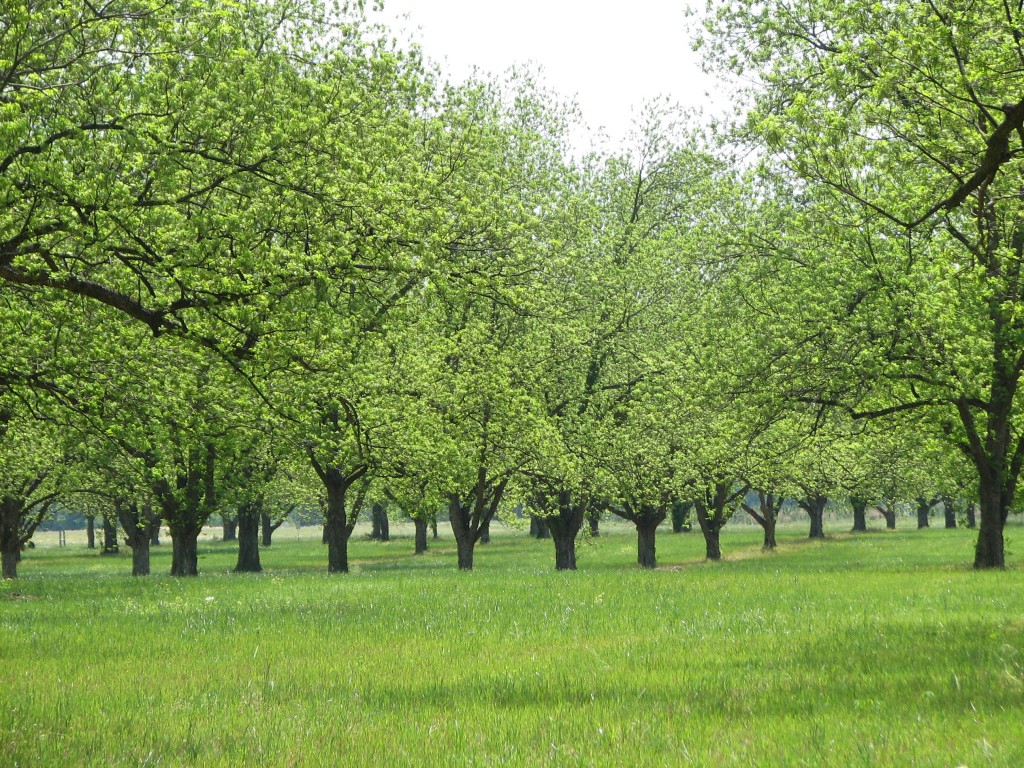Insect Management
-
The recent wet, unseasonably warm weather has lots of insects on the move. Most of them don’t matter much to pecan growers, but fire ants can be a different story. That’s especially true if the ants build their mounds inside the guards used to protect young trees from herbicide applications. Filling the tubes with dirt…
Posted in: Insect Management -
Growers with young trees may come across this situation in small blocks or trees near woods. We came across some twig girdlers in Washington County last month that appears more like a tall deer bit off every single branch. The broken branches were laying on the ground at the base of the tree. This damage…
-
Both mite and aphid populations have essentially been stable the past month or month and a half. Throughout this time, I only find a few adult black pecan aphids and no mites. Most of these orchards were sprayed with insecticide targeting aphids also. Finally, last week we saw one spot of mites on Stuart and…
Posted in: Insect Management -
Just a quick update here. If you have had problems with black pecan aphids (BPA) and/or anticipate having problems with them in certain blocks that are vulnerable to their infestation, spraying gibberellic acid (Pro Gibb 4%, ProGibb LV Plus) at this time of the season is an option. Gibberellic acid is a plant growth regulator…
Posted in: Insect Management -
Crop is looking good and nuts are sizing fast now. Fruit sizes large on hot days and warm nights. Following June rains, we have been dry in the middle part of the Southeast and could use some rain. Many growers have noted scab not being as severe, and this of course is mostly due to…
Posted in: Insect Management -
There have been anecdotal reports in the past years that flatheaded borers have caused damage to young pecan trees/nursery trees. The injury are characterized by darkened and sunken areas on the outside of the trees (Fig. 1) caused by larval feeding. On young trees, this may cause girdling and even tree death. Larval appear pale…
Posted in: Insect Management -
We have been seeing and hearing about damage from May beetles around the state. I saw some damage in the Southeast District this week as well. Since the adult beetles feed at night, it’s difficult to be sure what is going on. You see the typical chewing damage on the leaves and terminals (Figs. 1…
Posted in: Insect Management
